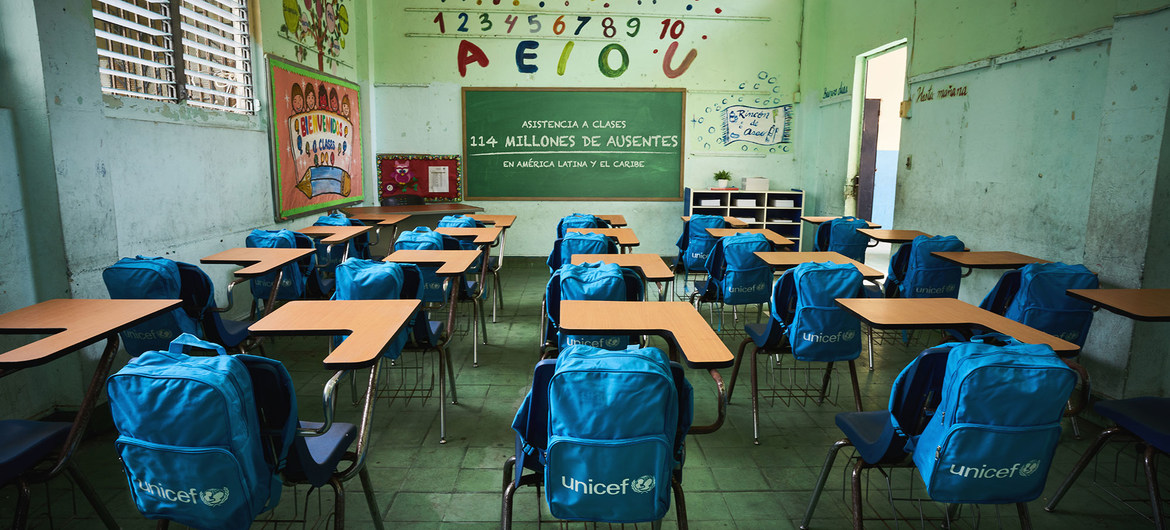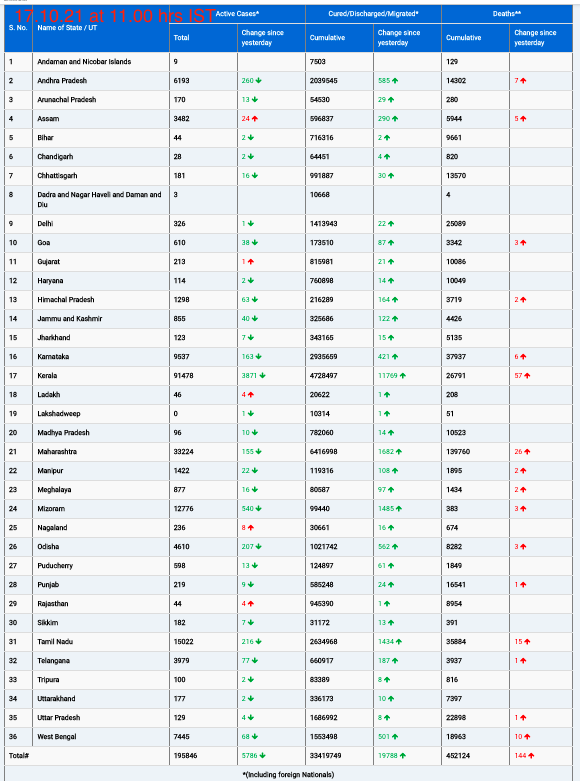
Oxford, January 17, 2024 — In a landmark step towards combating the deadly Nipah virus, researchers at the University’s Pandemic Sciences Institute have initiated the first-in-human trial of the ChAdOx1 NipahB vaccine. The trial, led by the Oxford Vaccine Group within the Department for Paediatrics, aims to evaluate the safety and efficacy of the vaccine, which could prove instrumental in preventing local outbreaks and preparing for potential global pandemics.
Fifty-one participants aged 18 to 55 will be involved in the trial, marking a crucial advancement in the quest for a solution to Nipah virus, which has a staggering fatality rate of around 75%. Nipah outbreaks have occurred in South-East Asia, including Singapore, Malaysia, Bangladesh, and India. The most recent outbreak struck Kerala, India, in September 2023. The virus, carried by fruit bats, can also be transmitted through contact with infected animals like pigs or person-to-person via close contact.
Despite being recognized as a priority disease requiring urgent research by the World Health Organization, Nipah has lacked approved vaccines or treatments. The ChAdOx1 NipahB vaccine represents a beacon of hope in this regard.
Professor Brian Angus, the trial’s Principal Investigator and Professor of Infectious Diseases at the Centre for Clinical Tropical Medicine and Global Health, highlighted the significance of the trial: “Nipah virus was first identified in 1998, and yet 25 years on, the global health community still has no approved vaccines or treatments for this devastating disease.”
The trial is funded by the Coalition for Epidemic Preparedness Innovations (CEPI), a leading global funder of Nipah virus research. Dr. In-Kyu Yoon, Acting Executive Director of Vaccine Research & Development at CEPI, emphasized the epidemic potential of Nipah, with its fruit bat hosts found in areas home to over two billion people. The trial is a crucial step in building tools to protect against this lethal virus and could potentially inform the development of countermeasures against other Paramyxoviruses.
The project is set to run over the next 18 months, with subsequent trials expected to take place in a Nipah-affected country. This groundbreaking research holds promise not only for preventing Nipah outbreaks but also for bolstering global preparedness against emerging infectious diseases.











